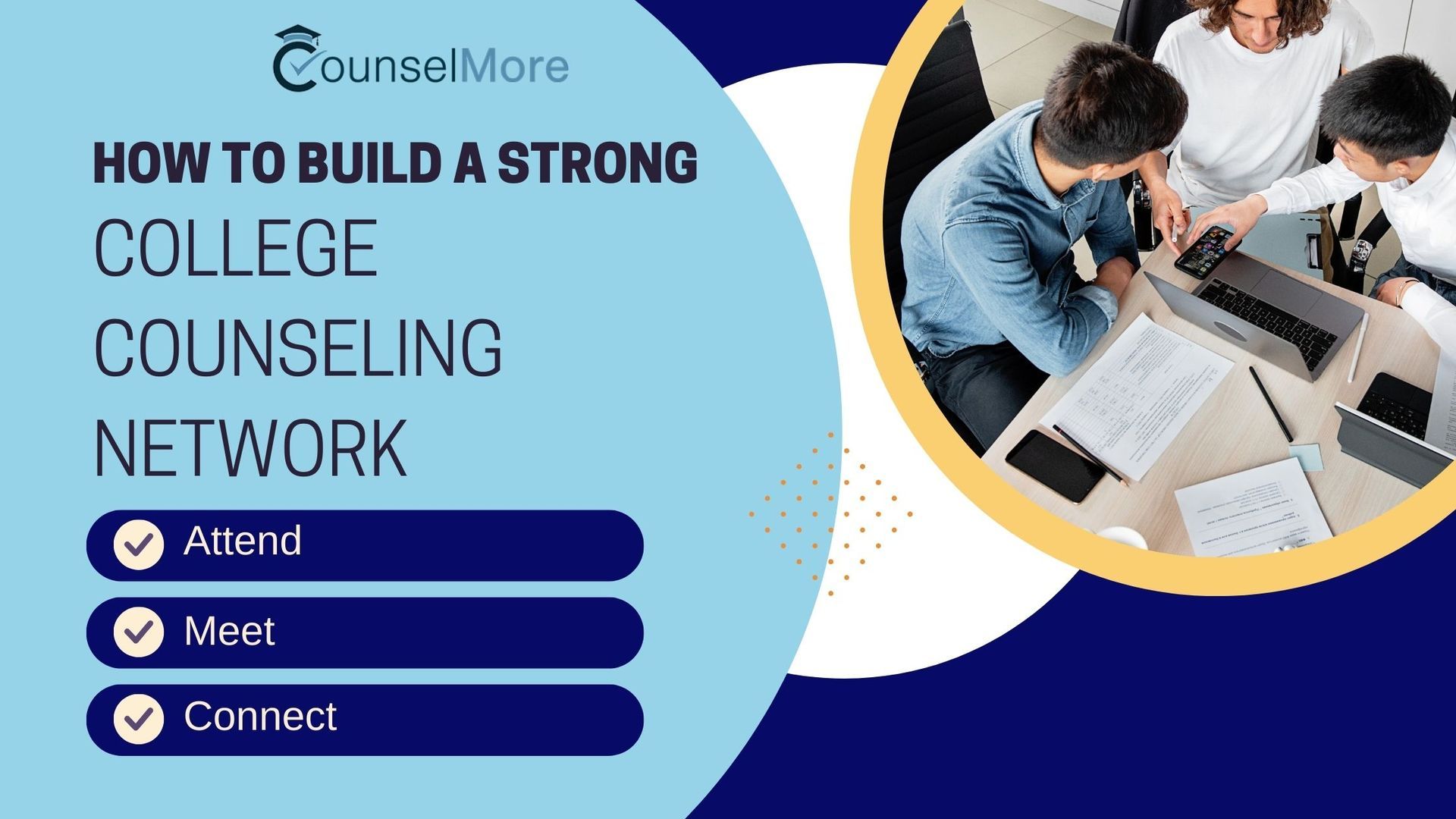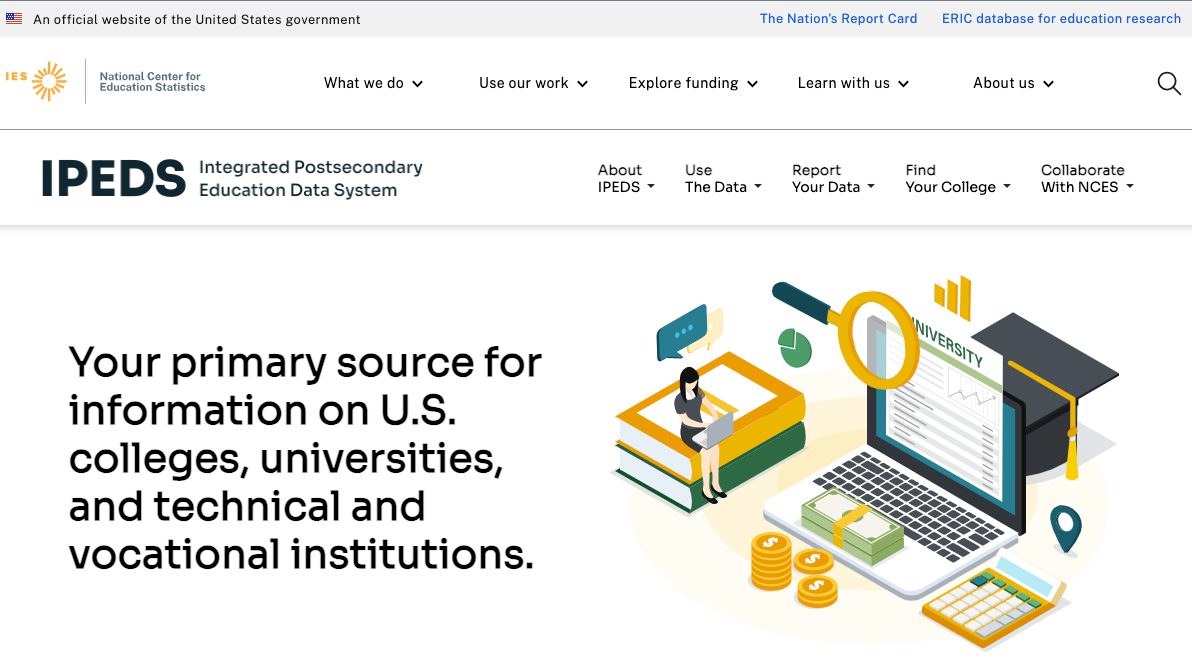Setting the Right Price: Considerations for Educational Consulting Pricing and Add On Fees

When starting your practice as an educational consultant or college planner, or career readiness counselor… one of the key decisions is determining the right pricing structure for your educational services. You might offer a comprehensive college counseling package but understanding your product (a.k.a. the services you provide) and therefore knowing what your cost is to deliver that service (a.k.a. the time and resources it takes to deliver the service) will be essential for staying competitive and successful in this field.
Factors Influencing Educational Consulting Services Pricing:
1. Demographics: Consider the cost of living variations across different regions and set your fees accordingly. Tailor your pricing to align with the economic conditions of the families you'll be serving.
2. Competition: Familiarize yourself with the current pricing in your area and understand the services provided by other educational consultants or educational planners. While it's essential to be aware of the competition's price, avoid directly comparing your services to others to maintain your unique value proposition.
3. Experience: Emphasize the significance of your experience in the field. Highlight recommendations from former clients, as well as your professional development and training through counseling certificate classes, internships, volunteer work, webinars, and conferences.
4. Reputation: As you establish yourself in the industry, a strong reputation will become a valuable source of revenue and marketing. Focus on providing exceptional service to generate positive word-of-mouth referrals.
5. Services Provided: It is highly recommended that a new or emerging educational consultant focus on providing one product at first. That product is usually a comprehensive college counseling package. Know what you are selling; be specific about the services you offer. Establish a repeatable process that can be contained and tracked throughout the time you are providing the service. Watch CounselMore’s videos on creating a repeatable process. Define your delivery model, your availability during business hours, and any limitations on the number of applications/essays you'll assist with.
6. Supply and Demand: In regions with limited competition, setting prices might be challenging due to a lack of knowledge about educational consulting services. You may need to educate your market about what an educational consultant does. Consider the return on investment (ROI) versus the return on experience (ROE) when determining your pricing strategy. Use the CounselMore ROI calculator to experiment with pricing strategies and forecast when your revenue will compensate your startup debt and begin generating take home pay for you.
Choosing a Charging Model:
When deciding how to charge for your services, consider the following options:
1. Hourly Billing: Some consultants prefer hourly billing, which allows them to track and invoice the time spent on each family. This method ensures compensation is directly tied to the delivered services, providing families with transparency. However, The only measurement on the service is one-hour. Many Educational Consultants have to engage in research outside of their meetings, making it very difficult to equate their time to their fees. As a new or emerging educational consultant, it is highly recommended that you offer a comprehensive college counseling package and perfect that system before creating new products and pricing. But if hourly charging feels right to you, then that is the right choice for you. There is no right or wrong choice.
2. Fee-Based: With fee-based pricing, clients pay an upfront amount to cover all services provided within a specified time period. This model reduces the administrative burden of tracking hours and billing on a per-hour basis. Most Educational Consultants will divide the payment into two payments. The first payment will be due at the time of the contract. The second payment is due on September 1st of the student's senior year of high school. That is during application season, but before applications are submitted and results are received, all payments will be settled. Also, linking the payment to events helps the buyer know when to pay. The client pays at the time of contract, which is one significant event, and September 1st of a student's senior year of high school is the other significant event. Collecting fees at only two intervals also minimizes the Educational consultant's administrative tasks.
To Charge or Not to Charge for Initial Consults:
Opinions vary on whether to charge for initial consultations, but as our industry grows, some practices are normalizing and will become ingrained in our future client’s expectations.
- Most educational consultants charge for the initial consultation.
- Some consultants offered free initial consultations during their early years to attract clients and minimize their imposter syndrome.
- Clients will self-select and opt-out of the paid consultation; this lets the consultant know the clients were not serious about purchasing services and the consultant did not waste any time.
- A sales strategy is to charge for the initial consultation but deduct the fee from the total cost of the comprehensive college counseling package. Keep in mind that there should be an expiration date on that offer.
Setting the right price for your educational consulting services requires careful consideration of various factors, pricing models, and industry best practices. By understanding your market, experience, and services offered, you can ensure a competitive and sustainable pricing structure that reflects your expertise and value to prospective clients.
Do you still have questions about your pricing? CounselMore hosts a
monthly mentorship Circle and a
weekly study hall. Join these events to ask questions and gain guidance for developing your educational Consulting practice from industry experts and thought leaders.
Written by:
Margaret Rothe, Campus Life & Student Affairs Professional, MA Higher Education, Student Affairs, owner of HigherGrounding, a college planning consulting agency


















